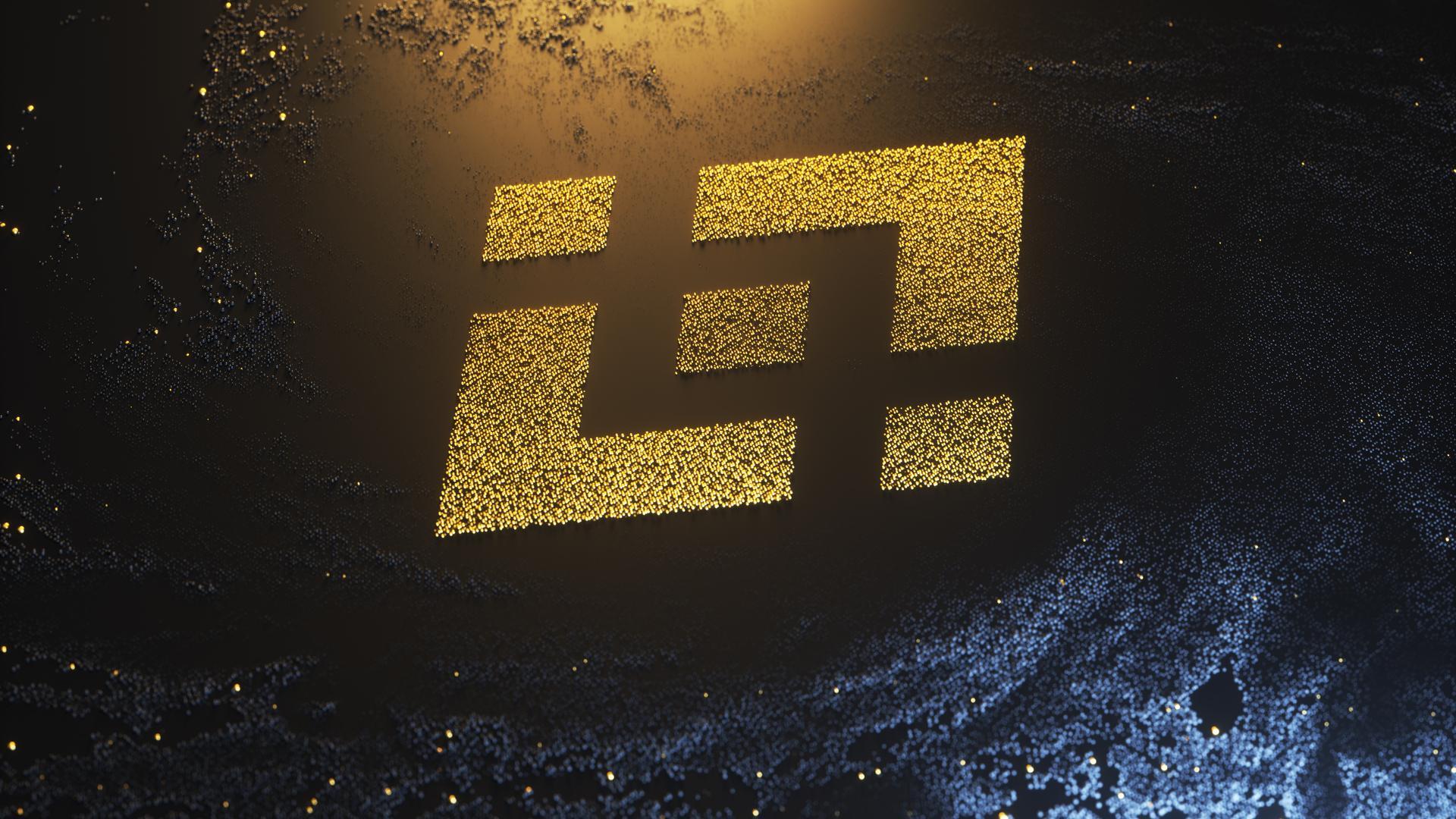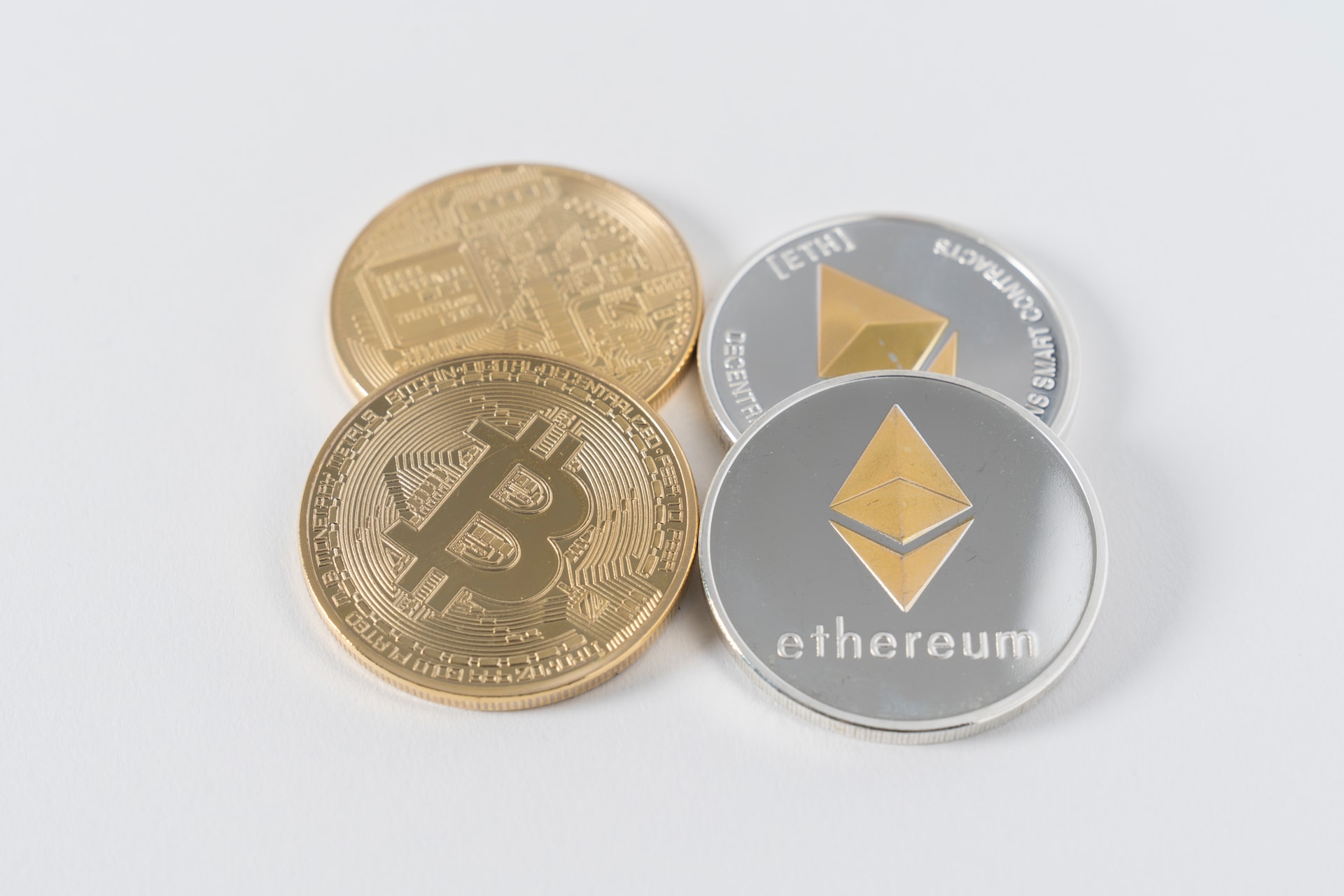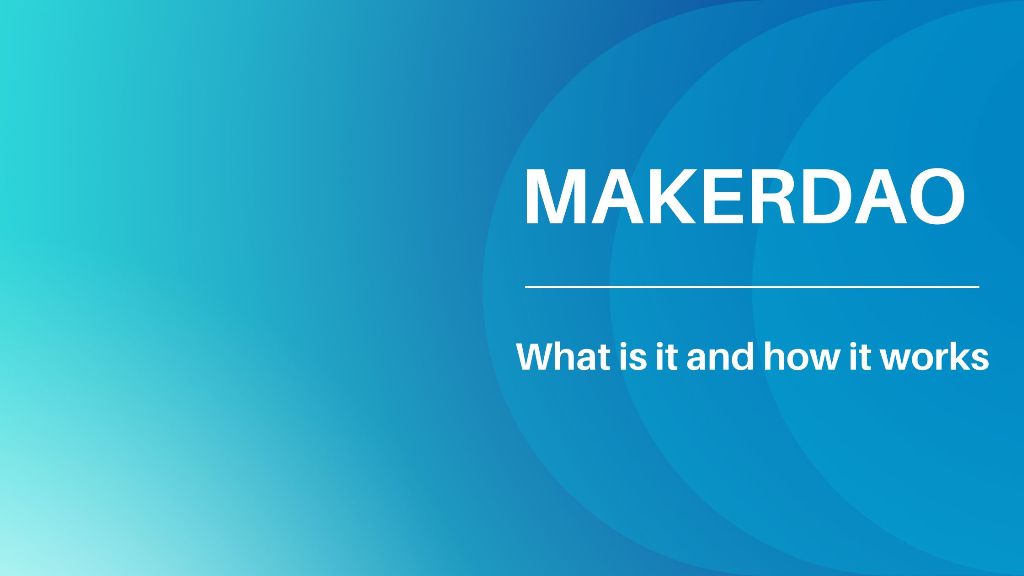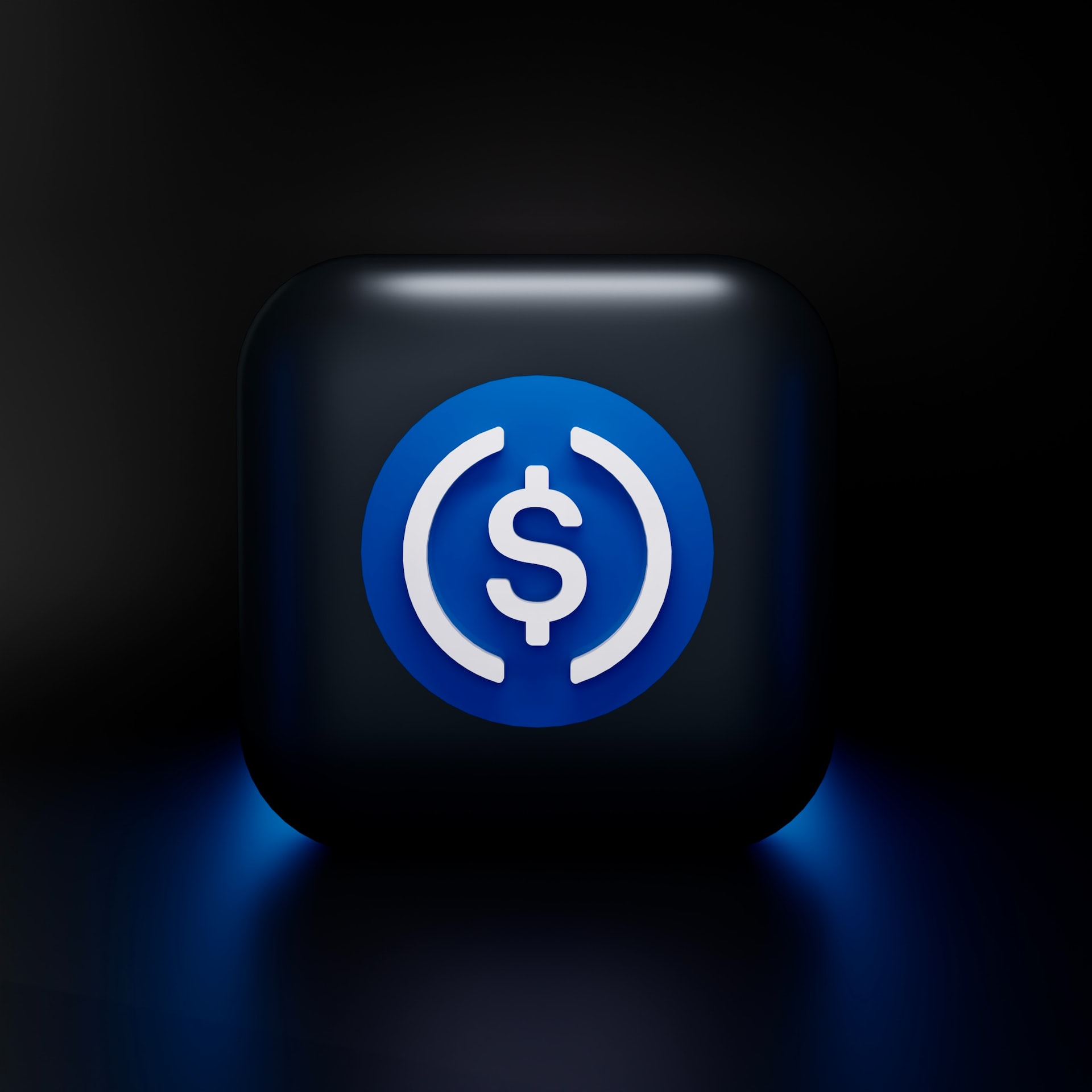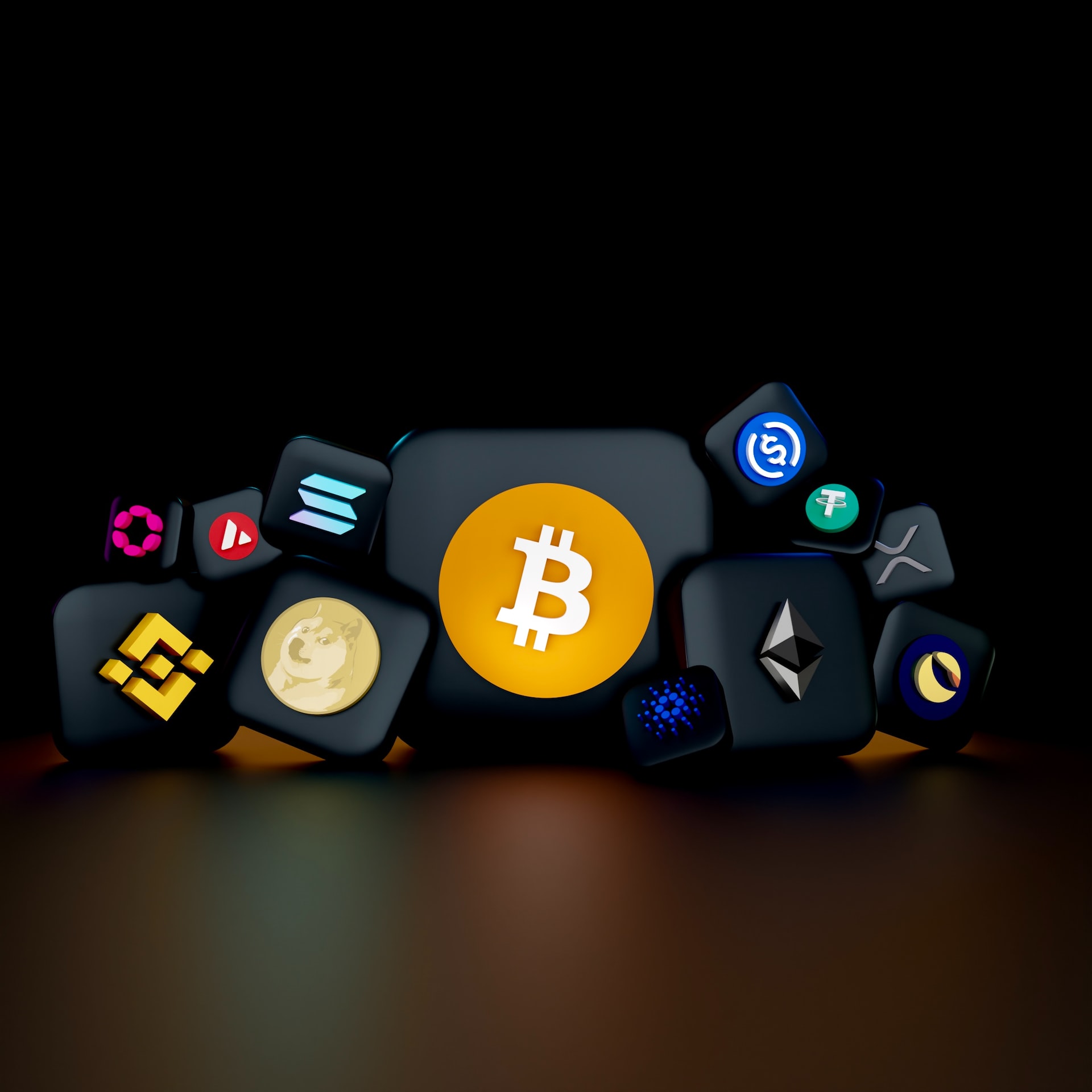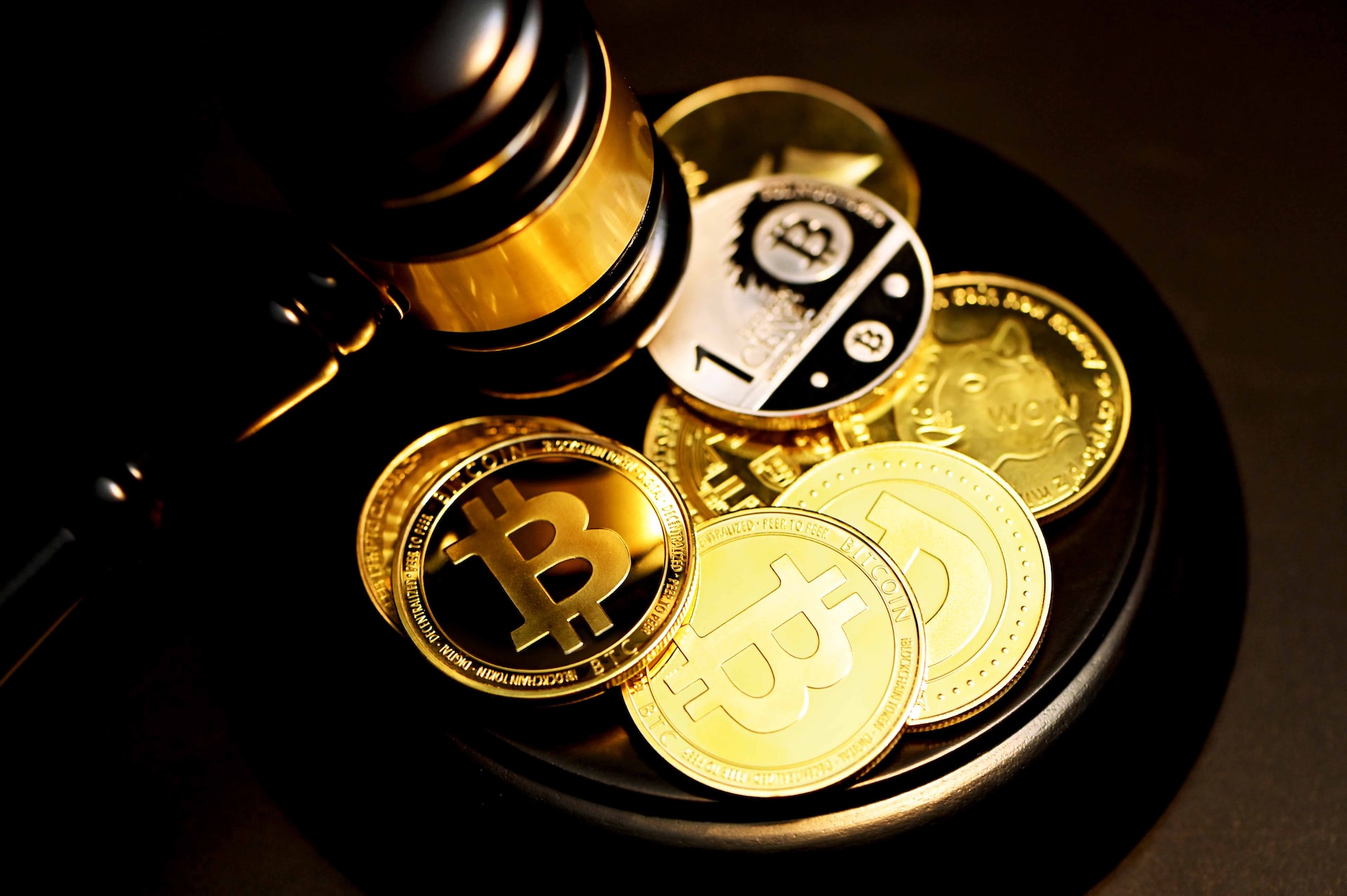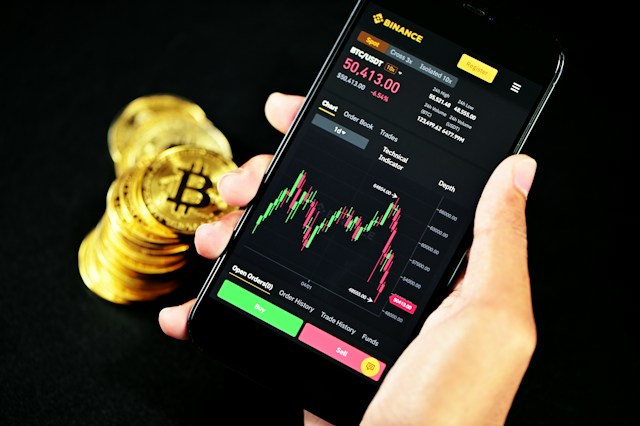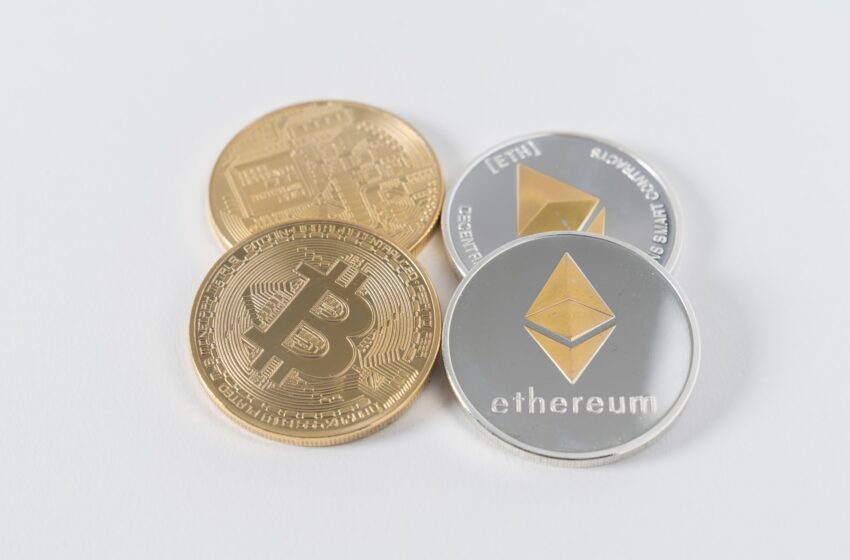
What is Etherium in simple words. How Ether differs from bitcoin
Ethereum is called the second cryptocurrency and the first altcoin. But in fact, Ethereum is not only and not so much a cryptocurrency.
Its functions are much broader than those of bitcoin. If you want to know why Etherium is needed, how it works, who is behind it, and whether it is worth buying as an investment, this article is for you.
Along with the cryptocurrency exchange Binance.com, we tell you all about Ethereum.
What is Ethereum in simple terms
Without going into details, to explain in simple words – Ethereum is a universal distributed system of smart contracts based on blockchain technology.
It is not a cryptocurrency at all, as many people think.
The cryptocurrency that is used to run applications based on Ethereum is called Ether.
How is Ether different from Ether?
Ethereum is a blockchain system. It can be used to create a service or an application. Ether (ETH) is a token that is used to transfer data within that service. Just like regular currency or securities are used in a traditional financial system with banks and exchanges.
A token is essentially a unit of information, it can be:
- Non-fungible, that is, unique – NFT (Non-fungible token)
- Interchangeable, in the case of Ether, naturally all Ether tokens are equal and interchangeable, otherwise they could not be used as money.
- Ether is traded on an exchange just like traditional dollars, euros, or stocks, so its exchange rate is constantly changing.
A smart contract is an automatically executable contract stored in a blockchain system. The terms of a smart contract are an algorithm (written in a special Solidity language) that cannot be changed once signed by all parties.
The main advantage of smart contracts is that there are no intermediaries to enforce it.
Quite simply, Ethereum is a financial system, ether is the money that is accepted in that system, and smart contracts are the contracts by which transactions are made.
Why Ethereum is needed
Ethereum is just technology. The real benefit comes from applications created using this technology. They are called DApps (decentralized applications).
According to stateofthedapps.com the Etherium ecosystem is used by 72.9% of all decentralized applications in the world.
Why is Ethereum so popular?
The fact is that the technology was originally conceived so that it could be used for any task by anyone.
It’s a decentralized system – that is, the data is distributed all over the Internet. There is no organization or person in control of Etherium. A lot of community organizations just make the rules and guidelines.
The source code of smart contracts is open and can be read by any interested user, but it is not possible to change something in an existing contract.
What is Etherium good for?
The technology is used to create:
DAOs – decentralized autonomous organizations (decentralized autonomous organizations). Essentially, these are the same organizations with the same purposes, that we meet in real life. Except that all events in them are not managed by a decision of the people assigned to manage it, but by smart contracts.
An example of such organizations:
Uniswap is a decentralized cryptocurrency exchange. All changes are made by user voting. UNI’s own token is used for this.
Raid Guild is a community of Web3 developers. Web3 is a blockchain-based internet.
Machi X is a community of artists and patrons promoting digital art.
DeFi is a decentralized financial services. Most often such services are represented by trading platforms, brokers, credit organizations or investment companies.
Opensea is the largest marketplace for NFT trading (those pictures worth millions of dollars).
Augur – a service for predicting events in “prediction markets”, actually estimating the value of assets, depending on future events.
Aave is a decentralized blockchain application that can be used to receive and provide credit in cryptocurrency.
NFTs are non-interchangeable (unique) tokens. Their uniqueness is their value. After all, you can “tokenize” not only digital art, but also the ownership of an invention, a piece of real estate, stocks, bonds…


